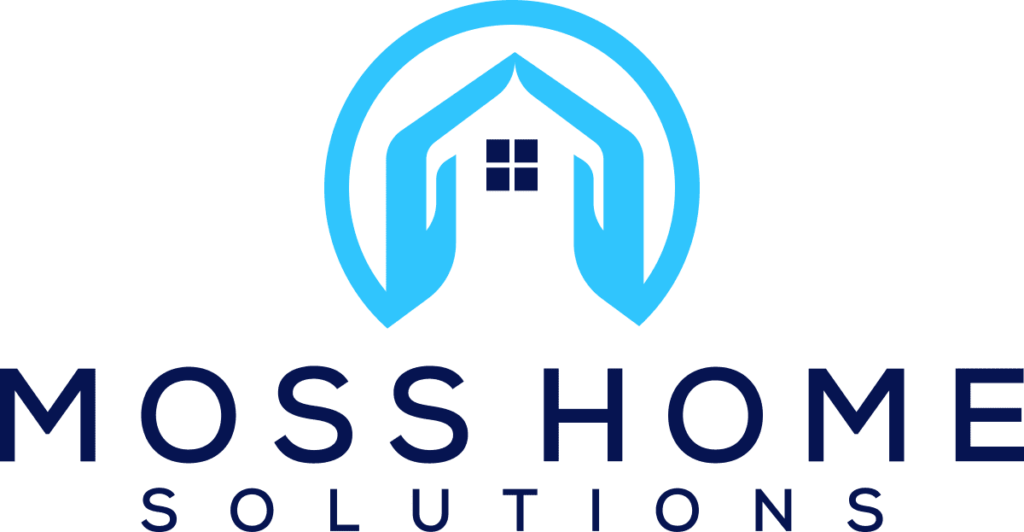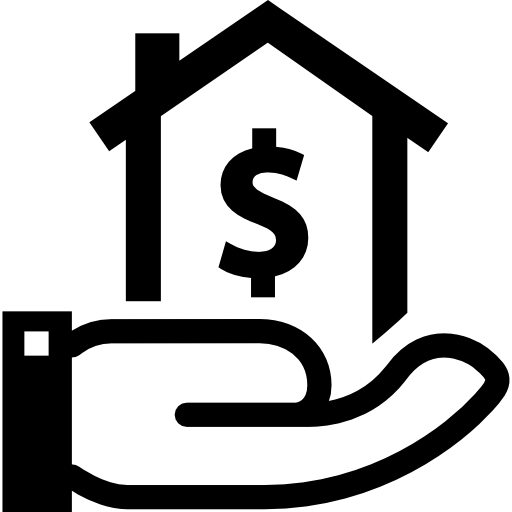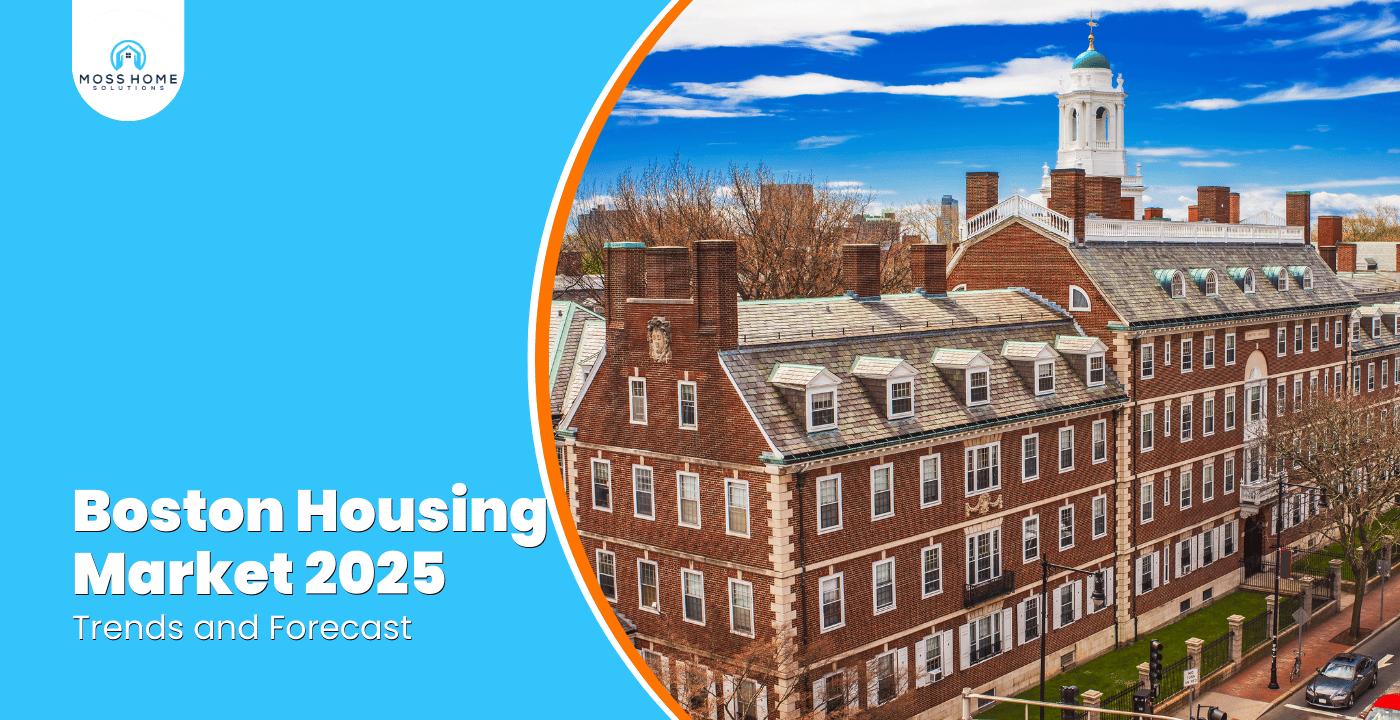Thinking about buying or selling in Boston? You’ve come to the right place.
We’ve dug into the numbers and trends to give you the scoop on prices, neighborhoods, and what’s shaping the market.
Our goal? To help you navigate your next move, whether you’re buying, selling, or just keeping tabs.
Key Notes
- Boston’s housing market remains competitive with average home prices hitting $950,000 in April 2025.
- Mortgage rates fluctuate between 6.51% and 7.02%, influencing buyer decisions and market dynamics.
- “Rate lock” phenomenon contributes to low inventory, driving up prices despite fewer overall sales.
- Shifting work patterns spark renewed interest in properties closer to downtown Boston.
- Tech integration and climate concerns are shaping future real estate trends in the area.
Boston Housing Market Trends
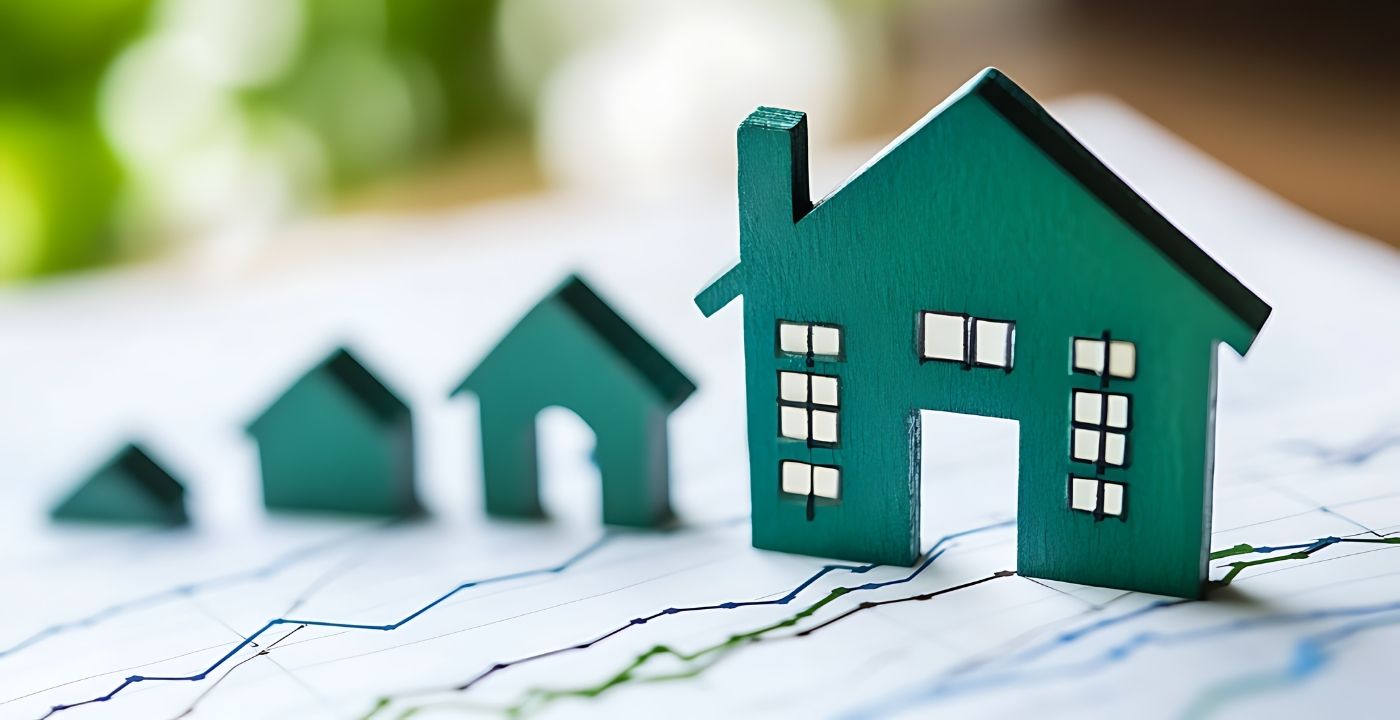
Throughout 2025, the Boston real estate market shows signs of both resilience and change.
It was a slow start to the year, with sales volume down about 10.62% compared to 2023.
However, by April, all things property were picking up. Here’s a broad overview of what current trends show:
Increased Average Home Price
One of the most significant stats is the average home price in Boston for single-family homes. It hit a high of around $950,000 in April 2025, a large leap from previous years.
This tells us demand is still strong in the Boston housing market despite fewer sales overall.
Price Per Square Foot
The average price per square foot for a house is currently around $757. That’s up over 4% last year.
So, while fewer homes are changing hands, the ones that do sell are fetching higher prices.
Inventory Levels
There is an ongoing housing shortage, with limited supply pushing up prices.
Neighborhoods and Property Types
The Boston housing market in 2025 shows varied trends across different neighborhoods and property types.
These are the key data points:
Neighborhood Breakdown
Beacon Hill is one of the most expensive areas with an average listing price of about $3 million.
Commonwealth is more affordable, with median listing prices around $539,500.
Property Types
Apartment and condo prices vary according to location, with two-bedroom condos in South Boston selling for around $690,000 to $900,000.
Single-family homes go for around $969,700, but this changes by neighborhood and home size.
Boston Housing Market Drivers for 2025
Below is a list of some of the major factors driving the housing market in Boston this year:
1. Mortgage Rates
Mortgage rates are the talk of the town. After peaking above 8% in 2023, economists are predicting they’ll drop to somewhere between 5-6% this year.
We’ve seen this trend play out in August 2025, with the average rate for a 30-year fixed mortgage fluctuating between 7.02% and 6.51%.
Several factors are contributing to these changes:
- Overall State of Economy: The more stability it shows, the higher the likelihood of decreased mortgage rates.
- Inflation Rate: When inflation reports show a decline or stabilization, it can lead to a decrease in mortgage rates.
- Federal Reserve Policies: The recent decline in rates is attributed to market expectations of potential interest rate cuts by the Fed.
2. Supply and Demand
When supply is low, demand increases. So, if you’re wondering why the Boston housing market is so expensive, this is one of the main reasons prices are moving upward.
The low inventory of available homes to buy is also due to a phenomenon known as “rate lock,” where homeowners with low mortgage rates are reluctant to sell and take on new loans at higher rates.
Despite these constraints, local governments are encouraging more housing to be built, particularly in places close to public transportation. While this could help increase the number of homes available in the future, demand remains strong right now.
3. Shift in Work Patterns
The way people work is also changing how buyers think about homes. During the pandemic, many people wanted larger homes in the suburbs because they needed space for home offices.
But now, many people are returning to offices, either full or part-time, so the appeal of large suburban homes is starting to fade. Trends in 2025 show more buyers are looking for houses closer to downtown Boston, offering shorter commutes to work.
This means conveniently located homes are in demand while larger suburban houses have less interest from buyers.
4. Demographics
Boston’s reputation as a vibrant hub for young professionals and students is not just a title; it’s a dynamic force that continues to shape the housing market.
With prestigious universities like Harvard and MIT attracting talent from around the globe and a booming tech scene that fosters innovation, the city remains a magnet for a diverse crowd.
This influx of young people means fierce competition for housing, pushing rental prices to new heights.
For instance:
- The average rent for a one-bedroom apartment now hovers around $2,700.
- Two-bedroom unit rentals can reach up to $3,600.
Neighborhood Spotlight
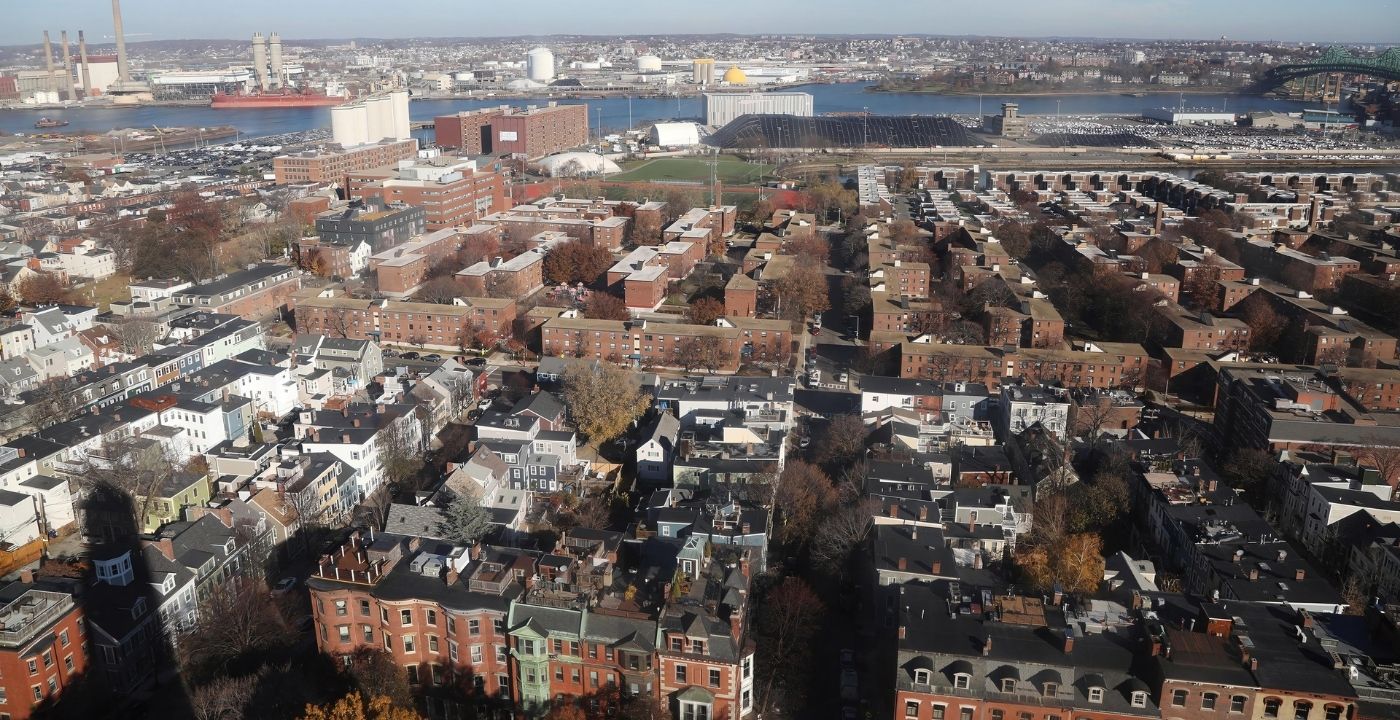
What are the best Boston suburbs to buy a house? We used the following criteria to compile this list:
- Access to quality schools and amenities
- Varying price points to accommodate different budgets
1. Brookline
Average Price: Approximately $1,200,000
Brookline is known for its beautiful tree-lined streets, excellent public schools, and proximity to downtown Boston.
It offers a mix of suburban charm and urban amenities, making it popular among families and young professionals.
2. Cambridge
Average Price: Approximately $1,200,000
Home to Harvard University and MIT, Cambridge attracts a diverse population and offers a vibrant cultural scene.
Its walkability, green spaces, and excellent dining options make it a desirable location for professionals and students alike.
3. Lexington
Average Price: Approximately $1,100,000
Lexington boasts some of the best public schools in the state, making it ideal for families.
The town combines historical significance with modern amenities and is well-connected to Boston, making commuting easier.
4. Wellesley
Average Price: Approximately $1,400,000
Known for its top-rated schools and affluent community, Wellesley offers a suburban lifestyle with beautiful homes and parks.
It has a charming downtown area with shops and restaurants, appealing to families and professionals.
5. Quincy
Average Price: Approximately $700,000
Quincy is known as the “City of Presidents,” and the area generally represents the average house cost in Massachusetts.
Its waterfront views, parks, and strong community feel make it an attractive option for families and first-time buyers.
Is It a Good Time to Buy or Sell in Boston?
The answer depends on how you approach the market, but generally, it’s a good time for sellers.
Low inventory levels mean sellers might have the upper hand. With fewer homes on the market, yours could attract more attention and potentially spark a bidding war.
For buyers, it’s a bit trickier. While prices are higher, if mortgage rates drop as predicted, you might find yourself with more buying power than you expected. Plus, if you’re looking in outlying areas or up-and-coming neighborhoods, you could snag a good deal.
Let’s not forget about rentals. As of early 2025, rents in Boston are climbing, with an 8% year-over-year increase. Add a minimal vacancy rate of around 3.5%, and you can see why buying a house to rent it out is an attractive option.
Why is Boston Housing So Expensive?
Why is Boston housing so expensive? The answer is a mix of history, economics, and policy.
- History: Boston’s historically high housing demand and limited land, coupled with restrictive zoning laws, keep prices on the upside.
- Economics: Thriving industries, from healthcare to tech, attract high-earning professionals who can afford steep housing costs.
- Construction Costs: Both labor and materials are pricey in Boston, which gets passed on to buyers and renters alike.
Boston's Housing Price Predictions
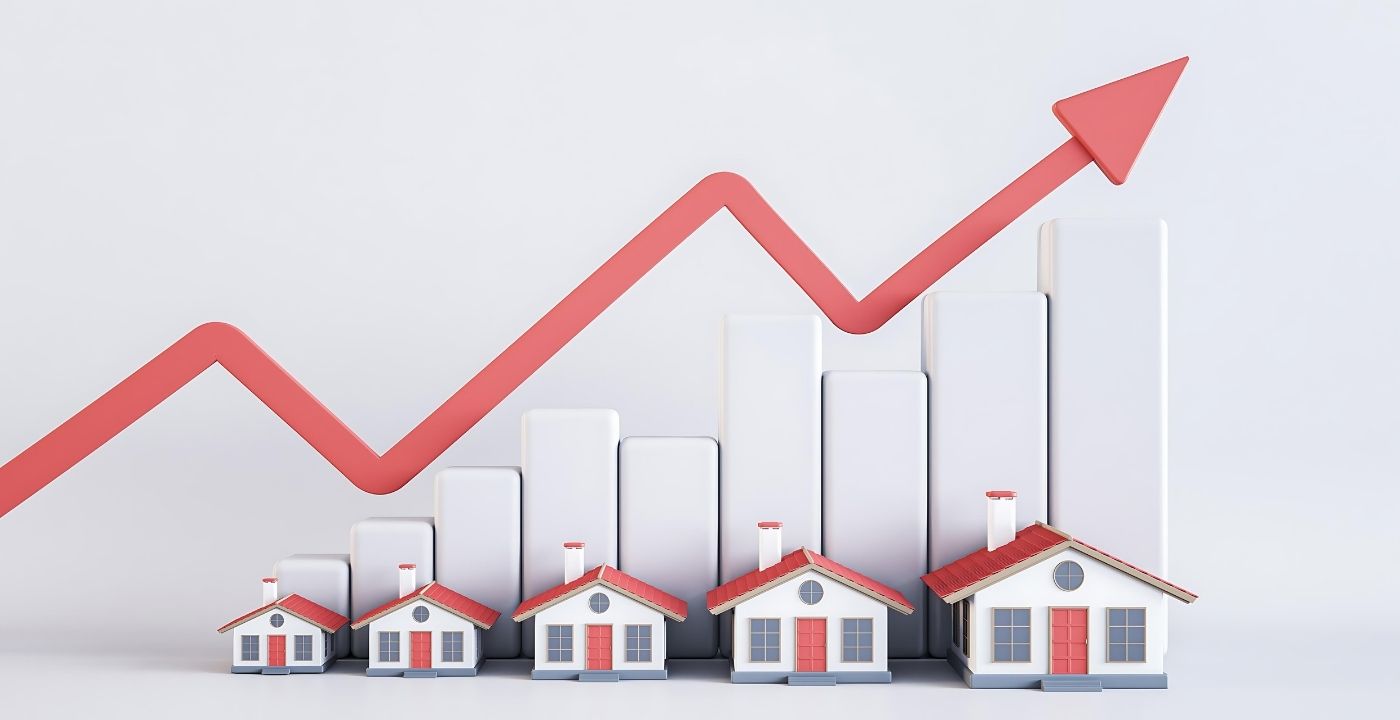
So, what can we expect for the rest of 2025 and beyond? Here are some trends and predictions worth noting:
- Keep an eye out for new developments, especially in suburban areas like Lexington and Newton. These could help ease the inventory crunch and potentially stabilize prices.
- Local officials are working on policies to increase housing supply and affordability. This includes zoning reforms to allow for denser development, especially near transit hubs.
- The tech boom in Boston isn’t just creating jobs – it’s also influencing how people buy and sell homes. From virtual tours to blockchain in real estate transactions, expect to see more tech integration in the market.
- As climate change concerns grow, look for an increased emphasis on eco-friendly homes and sustainable building practices.
- While Boston’s market has been hot, remember real estate is cyclical. Stay informed about broader economic trends impacting housing, like inflation rates or job market shifts.
Profitable Tips
Whether you’re looking to buy, sell, or invest in Boston real estate, here are some key takeaways:
- Do Your Homework: Boston’s neighborhoods have their own vibe and market dynamics. Research before making any moves.
- Be Flexible: With low supply, be open to considering different areas or property types than you initially planned.
- Get Your Finances in Order: In a competitive market, being pre-approved for a mortgage can give you an edge.
- Think Long-Term: Consider appreciation and how the area might develop over time.
Frequently Asked Questions
Are home prices dropping in Boston?
As of 2025, home prices in Boston are not dropping significantly but have shown signs of stabilization after years of rapid increases. While some neighborhoods may experience slight declines, overall prices remain high due to ongoing demand and limited inventory.
Is living in Boston expensive?
Yes, living in Boston is expensive, with high housing costs being the primary driver. The city’s overall cost of living is significantly above the national average, including expenses like transportation, food, and utilities.
How much does it cost to live in Boston?
As of 2025, the estimated monthly cost for a single person is around $3,500, including rent, utilities, transportation, and other essentials. The average rent for a one-bedroom apartment in the city center is approximately $2,700 to $3,000 per month.
Is it a good time to sell a house in Boston?
Yes, it’s generally a good time to sell in Boston as high demand and limited inventory continue to keep prices strong. This makes it favorable for sellers to capitalize on the current market conditions.
Conclusion
Boston’s housing market in 2025 remains dynamic and competitive. Things to consider include high median home prices, low inventory levels, and the potential for decreasing mortgage rates. For those who approach the market strategically, opportunities abound.
Given the current seller’s market conditions, now might be the perfect time to capitalize on your Boston property.
If you’re thinking of selling, why not pocket some cash while taking advantage of the current market dynamics? Contact us for an instant and obligation-free cash offer and discover how easy selling your Boston home can be.
